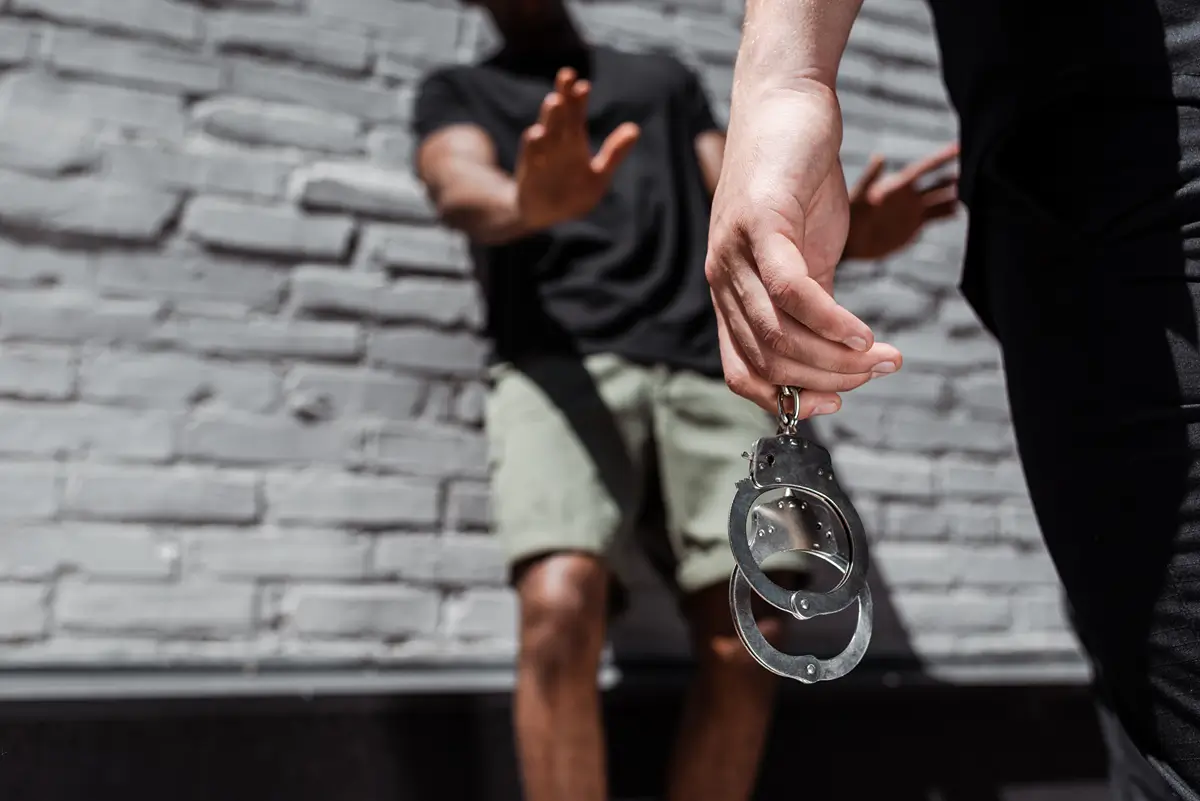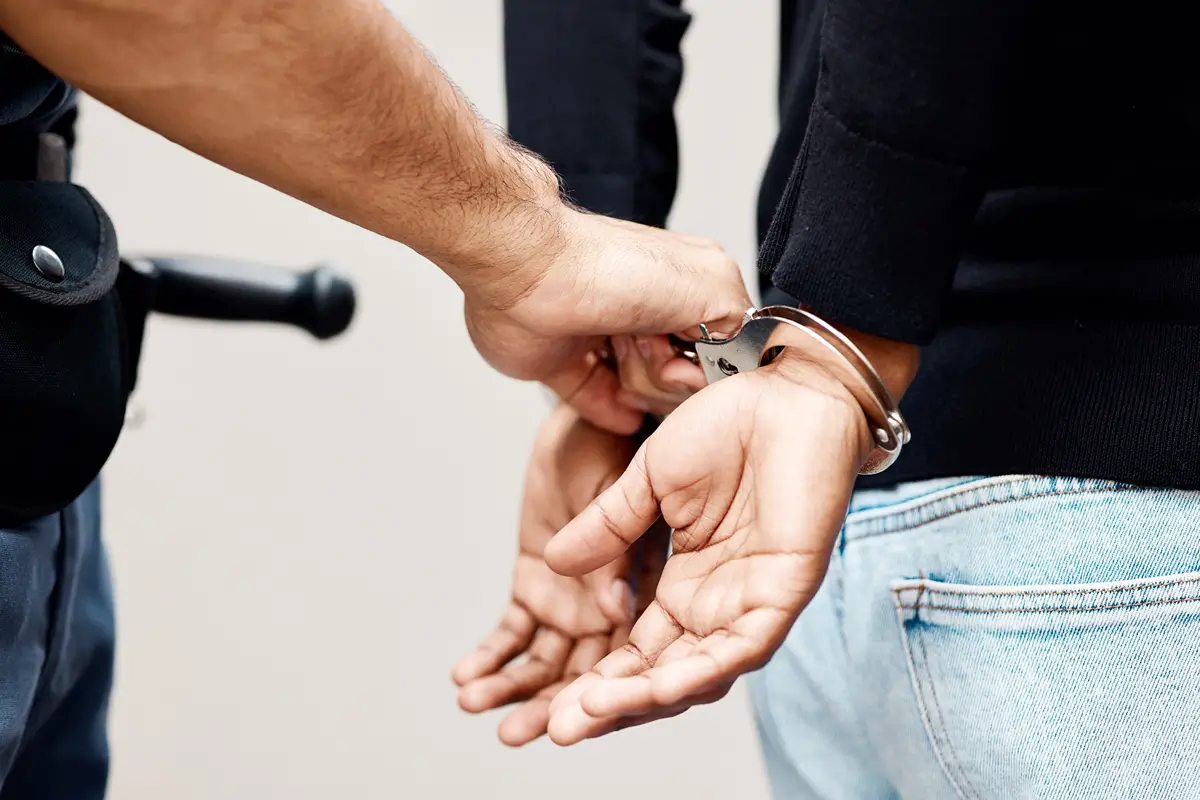An 8-year old Indiana boy recently became the central witness to a murder when he allegedly witnessed his father killing his mother in their family home. The child told a school counselor that he had seen his father stomp on his mother’s head 20 times as she lay on the basement floor. A few days later, the boy’s father, Judson Hoover, confessed to the murder of his wife, Rebecca Hoover. When the police recovered her body, they found she had blunt force trauma wounds consistent with the son’s account.
The tragedy of a violent crime is amplified when a child is a witness. The child not only must suffer the initial trauma of seeing the crime occur, but they must relive the incident in their minds if they must testify at the subsequent criminal proceeding. In the Hoover case, the 8-year old will not have to testify in court because his father confessed to the murder–but what happens in most cases when minors are witnesses to crimes?
Child Testimony
Although it is traumatic for children to testify in court about the crime they witnessed, it is often essential. The Sixth Amendment of the U.S. Constitution assures defendants the right to confront their accusers, even if the accuser is a child. Moreover, if the child is the sole witness to the crime, the case may hinge upon the child’s testimony.
Nonetheless, children aren’t always competent witnesses. Some children don’t have the verbal skills to accurately explain what they observed. Others may not have the cognitive ability to distinguish between truth and lies, or are greatly susceptible to another person’s influence or bias. For this reason, judges decide on a case-by-case basis whether to order the child’s testimony after evaluating the child’s competence.
In determining whether the child has the competence to testify, the court examines a range of factors, including the child’s ability to:
- recall events accurately,
- communicate clearly,
- tell the difference between truth and lies
- understand the importance of testifying truthfully.
If the court determines the child is competent and mature for their age, it may order the child to testify.
Protected Person Statue
Even if a child must testify in court, like most states, Indiana has specific laws to help protect the child from suffering undue trauma from the process, particularly if the child is a victim of the crime.
Indiana Code section 35-37-4-6, also known as the “Protected Person” statute, establishes the set of conditions under which evidence that is not otherwise admissible is allowed in cases involving certain crimes against protected persons. For example, if a child under age 14 qualifies for protected status, they may testify via videotape or through closed-circuit television (CCTV) in a separate room to help minimize their emotional distress.
Another Indiana law, IC 31-34-14, allows children under age 14 to testify by CCTV when a psychiatrist, physician, or psychologist has certified that the child’s testifying in the courtroom creates a substantial likelihood of emotional or mental harm to the child, and a physician has determined that the child cannot be present in the courtroom for medical reasons.
If your child is a witness to a crime and may have to testify, it is essential to speak with a criminal lawyer as soon as possible to ensure that their rights are protected.






